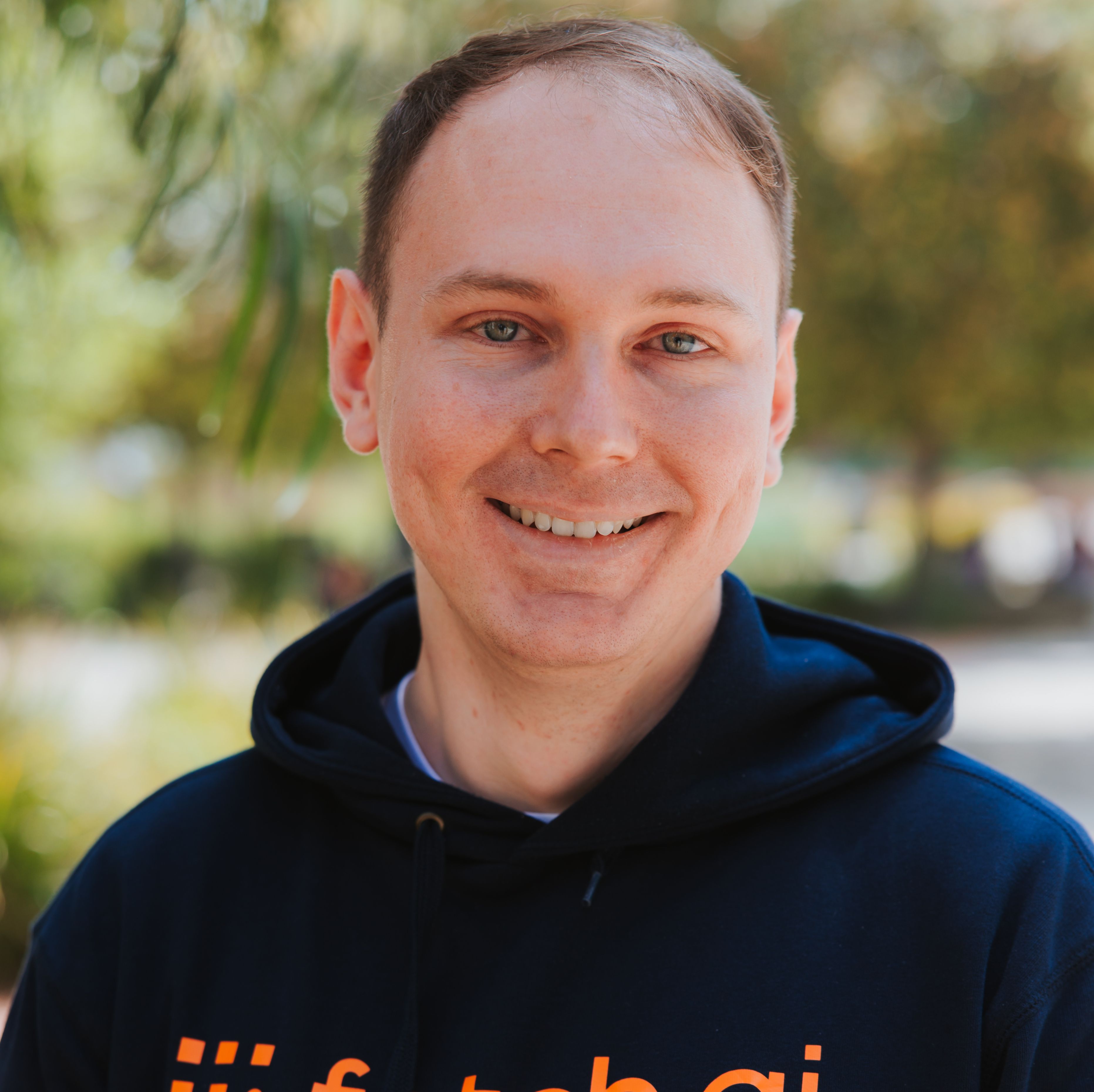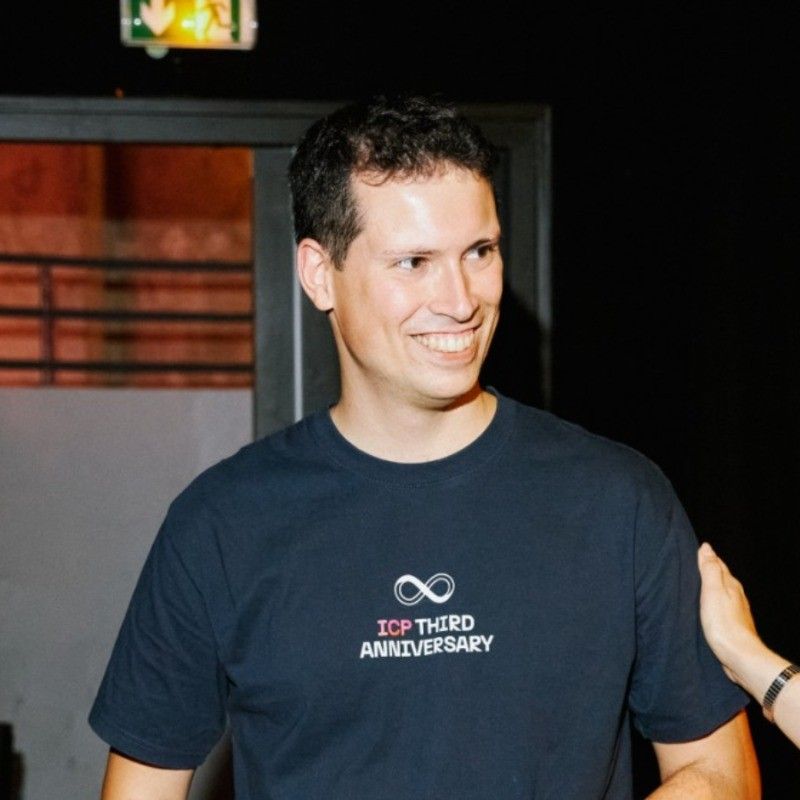NextGen Agents Hackathon
August 1, 2025 to August 31, 2025
Online
Fetch.ai’s vision is to create a open AI Agent marketplace. We are empowering developers to build on our platform that can connect services and APIs without any domain knowledge.
Our infrastructure enables ‘search and discovery’ and ‘dynamic connectivity’. It offers an open, modular, UI agnostic, self-assembling of services.
Our technology is built on four key components:
uAgents - uAgents are autonomous AI agents built to connect seamlessly with networks and other agents. They can represent and interact with data, APIs, services, machine learning models, and individuals, enabling intelligent and dynamic decision-making in decentralized environments.
Agentverse - serves as a development and hosting platform for these agents.
Fetch Network - underpins the entire system, ensuring smooth operation and integration.
ASI:One - A Web3-native large language model (LLM) optimized for agent-based workflows.
Challenge statement
Imagine AI agents tapping directly into decentralization. Your challenge is to fuse Internet Computer canisters with Fetch.ai uAgents on Agentverse, using ASI:One as your interface.
Deploy an Internet Computer canister smart contract to serve as your backend. Build a uAgent that interprets natural‑language prompts, makes HTTP calls to your canister, and turns the responses into chat replies using the ChatProtocol. Connect it all so anyone can chat with your agent and get instant responses.
Show us a focused use case in a domain of your choice that makes this integration meaningful. Register your uAgent on Agentverse, connect it to your Internet Computer backend, and demo live queries through ASI:One.
Dive into the docs from Fetch.ai and Internet Computer and start building.
-
Code
- Share the link to your public GitHub repository to allow judges to access and test your project.
- Ensure your
README.mdfile includes key details about your agents, such as their name and address, for easy reference. - Mention any extra resources required to run your project and provide links to those resources.
- All agents must be categorized under Innovation Lab.
-
To achieve this, include the following badge in your agent’s
README.mdfile:
-
-
Video
- Include a demo video (3–5 minutes) demonstrating the agents you have built.
- Show interactions with your agent using either Chat with Agent or ASI:One.
Fetch.ai and ICP Integration Flow

Fetch.ai Tool Stack
Quick start example
This file can be run on any platform supporting Python, with the necessary install permissions. This example shows two agents communicating with each other using the uAgent python library.
Read the guide for this code here ↗
from uagents import Agent, Bureau, Context, Model
class Message(Model):
message: str
sigmar = Agent(name="sigmar", seed="sigmar recovery phrase")
slaanesh = Agent(name="slaanesh", seed="slaanesh recovery phrase")
@sigmar.on_interval(period=3.0)
async def send_message(ctx: Context):
await ctx.send(slaanesh.address, Message(message="hello there slaanesh"))
@sigmar.on_message(model=Message)
async def sigmar_message_handler(ctx: Context, sender: str, msg: Message):
ctx.logger.info(f"Received message from {sender}: {msg.message}")
@slaanesh.on_message(model=Message)
async def slaanesh_message_handler(ctx: Context, sender: str, msg: Message):
ctx.logger.info(f"Received message from {sender}: {msg.message}")
await ctx.send(sigmar.address, Message(message="hello there sigmar"))
bureau = Bureau()
bureau.add(sigmar)
bureau.add(slaanesh)
if __name__ == "__main__":
bureau.run()



Examples to get you started:
Judging Criteria
-
Uniqueness: Does the project introduce a novel Web3 use case leveraging Fetch.ai and ICP’s technology?
-
Revenue Model: Is there a clear plan for monetization and user adoption?
-
Full-Stack Development: Is the application functional end-to-end, achieving the desired functionality?
-
Presentation Quality: How well is the project described and presented (non-technical)?
-
Utility & Value: Does the project make sense, provide value, and address a real need?
-
Demo Video Quality: Does the demo clearly convey the idea, show the app’s flow, and walk through key code?
-
Code Quality: Is the code well-written, efficient, and maintainable?
-
Documentation: Is the project thoroughly documented, including:
- Introduction
- Architecture description
- Build and deployment instructions for local development
- Mainnet canister ID(s)
- ICP features used
- Fetch features used
- Challenges faced during the hackathon
- Future plans (if continuing post-hackathon)
-
Technical Difficulty: How challenging was the project to build, and were advanced features used (e.g., HTTP outcalls, timers, Bitcoin API, t-ECDSA, Chat Protocol in Fetch agents, etc.)?
-
Eligibility: Does the submission comply with team and participant criteria (2–5 members)?
Prizes
1st Prize
$2500
Cash Prize
2nd Prize
$1500
Cash Prize
3rd Prize
$1000
Cash Prize
Judges

Bruno Calabretta
Head of Ecosystem Hubs - Dfinity

Sana Wajid
Chief Development Officer - Fetch.ai
Senior Vice President - Innovation Lab

Attila Bagoly
Chief AI Officer - Fetch.ai
Venita Adorete
Hub Manager - ICP Hub Indonesia
Mentors

Tiago Loureiro
Dev Rel - ICP HUBs

Michal Lustyk
Dev Rel - ICP HUBs

Kenny Rivaldi
Hub Operating Manager - ICP Hub Indonesia

Steve Kimoi
Dev Rel - ICP HUB Kenya

Abhi Gangani
Developer Advocate - Fetch.ai

Kshipra Dhame
Developer Advocate - Fetch.ai

Mehul Gaidhani
Technical Product Lead - Mettalex

Devendra Chauhan
Smart Contract Engineer - Mettalex
Schedule
10:00 GMT+8
Registration Opens
Online
10:00 GMT+8
Submissions Open
Online
17:01 GMT+8
Registration & Submission Close
Online
10:00 GMT+8
Judging
Online
12:00 GMT+8
Winners Announced
Online




